Social Justice or Food Justice?
Kenya Fredie on the importance of diversity in gardens and community
Racial inequality has been at the forefront of our news and conversations, and at RVFB we see that food access is innately linked with social justice. We asked community leader Kenya Fredie to share her thoughts on how growing food impacts social justice. Kenya wears multiple hats as Dept. Neighborhoods P-Patch Community Garden Coordinator, “Growing for Giving” Volunteer at Judkins P-Patch, and dedicated steward to her daughter, her earth, and her community.
RVFB: Why are giving gardens significant?
Cesar Chavez says, “The people who give you their food, give you their heart”. There’s a shared understanding that if we grow and then donate healthy food, then we’re helping to dismantle food insecurities. In 2014, 41,300 lbs of organic FRESH vegetables were donated to local food banks and feeding programs.
RVFB: Do you consider yourself an advocate of social justice, food justice, or both?
Kenya: Growing up back east, my family advocated for both social and food justice. Innately both are important to me. Certain basic needs must be available to all- and access to healthy food is one. Professionally, just as organic gardens are stronger and healthier with a diversity of plants and organisms, a diversity of people enriches community. It is important to me to see people of color in leadership roles in our community and in popular culture. I make sure people of color are recognized and step into roles they are passionate about.
RVFB: How do you see The Black Lives Matter movement working with the food movement?
Kenya: Youth empowerment and inter-generational engagement is the key! There is so much youth can learn from our elders, and vice versa. Community gardens informally create a support network for youth where they can be free, learn, and get to know their neighbors. Gun violence is deeply traumatizing and families need forums to safely express themselves, and strategize on how to move forward. When youth feel so much pressure to be a certain way, it is important they have a space to feel accepted and valued. P-Patch community gardens offer that space for all to feel safe, grow, and heal. Sawhorse Revolution is an awesome organization that empowers youth, they built our beautiful garden shed! In partnership with Seattle’s Youth Violence Prevention Program, our youth received stipends for their work, and gained construction skills in the garden. While working on the shed their breaks were sprinkled with veggie samples from the garden- “I can eat this carrot? Why is it a different color”?! It’s that brief exposure to organic urban agriculture that expands mindsets, and hopefully will develop a curiosity to explore and request diversity in healthy eating options.
RVFB: What do you envision for a healthier food system in Seattle?
Kenya: Let’s shift our food system in a socially just direction! I envision more people growing their own organic food, with NON GMO seeds, and learning how to preserve and can for the cooler months. Growing for giving is an amazing program, but educating and building awareness around healthy food policies and systems is life altering. The P-Patch Community Gardening Program believes that “community” is the most important word in “community gardening.” Just as diversity of plants leads to healthy gardens, strong community is built when gardens are inclusive and representative of the neighborhoods in which they are located.
If interested in signing up for a Department Of Neighborhoods P Patch plot please call 206.684.0264.


